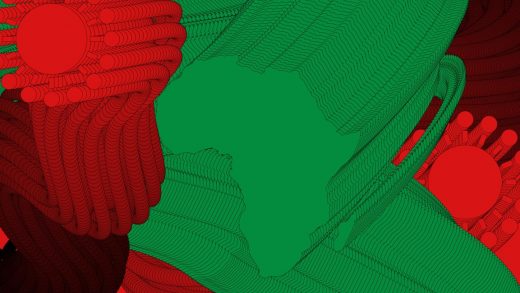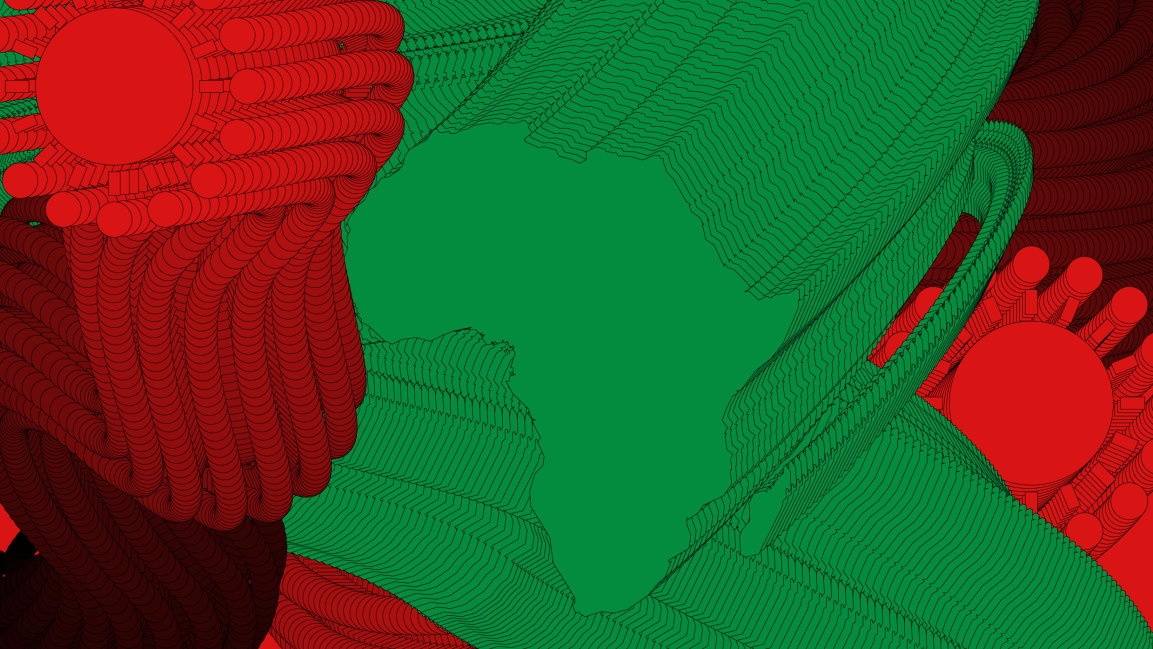What will happen when the coronavirus hits parts of Africa already struggling with hunger?
Coronavirus is spreading around the globe with alarming speed. Now, an increasing number of cases are being recorded in areas where people are already facing life-threatening malnutrition, and the numbers are rising rapidly.
We work with the world’s most vulnerable people, and never before have we experienced such uncertainty. This week, I attended a meeting with leaders from the World Health Organization (WHO), United Nations, the U.S. Centers for Disease Control, and Ministers of Health across Africa. We all left with more questions than answers.
Here’s what we do know. Originally most confirmed COVID-19 cases in Africa stemmed from travelers from European or east Asian countries. In response, several African nations have stopped incoming flights, sealed sea ports, and suspended schools. All of this is helpful and wise. But now more cases of domestic transmission are arising.
Quarantining, vital in preventing the spread of COVID-19, is nearly impossible in refugee camps or among the hundreds of millions of internally displaced people in parts of Somalia and Ethiopia.”
We also know that even a mild outbreak in fragile contexts could push us beyond the brink. In this wonderfully diverse region, each area has its distinct challenges. The common thread is that people are vulnerable and there’s always an emergency ahead. First it was prolonged drought, followed by floods. Then locusts descended, threatening food supplies from now until this summer. Now, we’re facing a pandemic.
We’re working with the WHO to assess preparedness and gaps across the region. Even before we see the official results, I can tell you that nobody is ready. Every day we struggle to get funding for basic medical and nutrition supplies. Resource constraints force us to go through several levels of assessment to make sure we’re helping the most needy among the most needy, even in the best of times.
If China, Italy, and the U.S. are not fully prepared, imagine the crisis that could unfold in crowded urban parts of Mogadishu, Somalia, or remote parts of South Sudan, where we are the only health actor for hundreds of miles.
So far, the African continent appears to be faring better than others. But transmission rates are rapidly growing and a lack of testing means there may be many more unreported cases. And if this disease follows the trajectory that it has elsewhere, underlying vulnerabilities such as severe malnutrition could make the situation even more dire.
While COVID-19 threatens everyone, in much of the world, it is seen as a particular concern for older people. Where we work, thousands of children die every day from common, preventable illnesses. In many cases, hunger makes even common illnesses deadly. Most succumb to complications from other respiratory and communicable diseases, which have symptoms much like COVID-19. That would make proper diagnosis even more difficult.
COVID-19 attacks the lungs, with serious cases often leading to pneumonia. That is especially alarming for undernourished children, whose risk of mortality would increase 15-fold with pneumonia. That is why prevention is so important.
Handwashing is essential, and for years we have run effective programs that promote water, sanitation, and hygiene. But, two out of five people don’t have access to handwashing facilities. Quarantining, vital in preventing the spread of COVID-19, is nearly impossible in refugee camps or among the hundreds of millions of internally displaced people in parts of Somalia and Ethiopia. And social distancing may prove no easier to encourage among the large cohort of youth in vibrant cities like Nairobi than it has among students enjoying spring break in Florida.
The pandemic is causing a squeeze on lifesaving supplies. Poverty and hunger will only get worse as the global economic impacts of COVID-19 ripple throughout the world. If COVID-19 spreads as expected, additional medical professionals and technical support will be urgently needed. Africa already faces the most severe shortage of health workers compared to any other region of the world.
The bright spot is that we have been working for decades to strengthen local health systems throughout Africa. In the past, NGOs were seen as an alternative to official channels. Now, we partner with Ministries of Health and others, and are better equipped than ever to scale up prevention measures and treat cases.
We all need to continue our efforts to save lives and enhance people’s ability to withstand shocks like COVID-19. Nutrition programs are especially vital right now. Without proper food intake to boost immune systems, nobody will be able to fight a disease that comes their way. If the worst happens and this disease spreads, the people in Africa and other developing areas will be the most vulnerable. After all, they already are.
Hajir Maalim is the regional director for the Horn and Eastern Africa at Action Against Hunger
(9)



